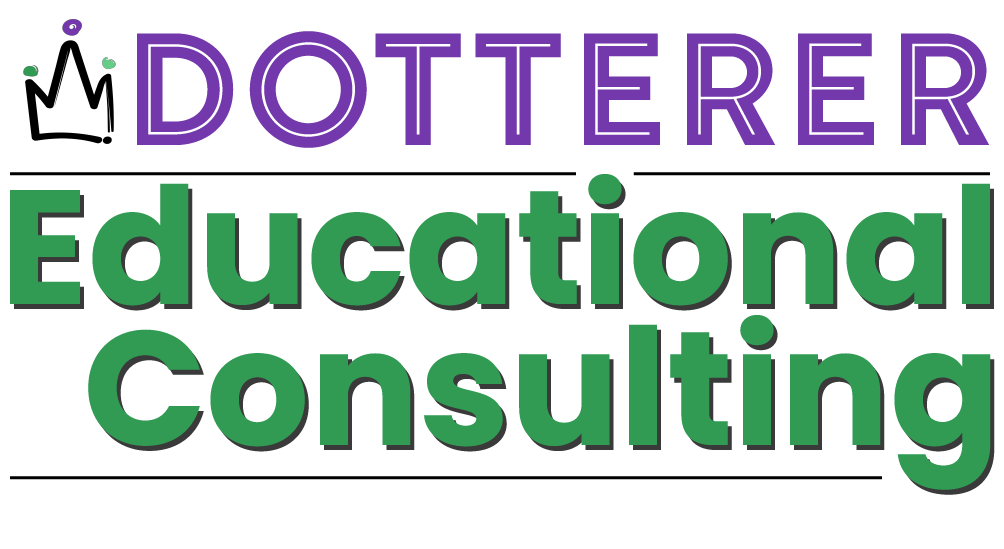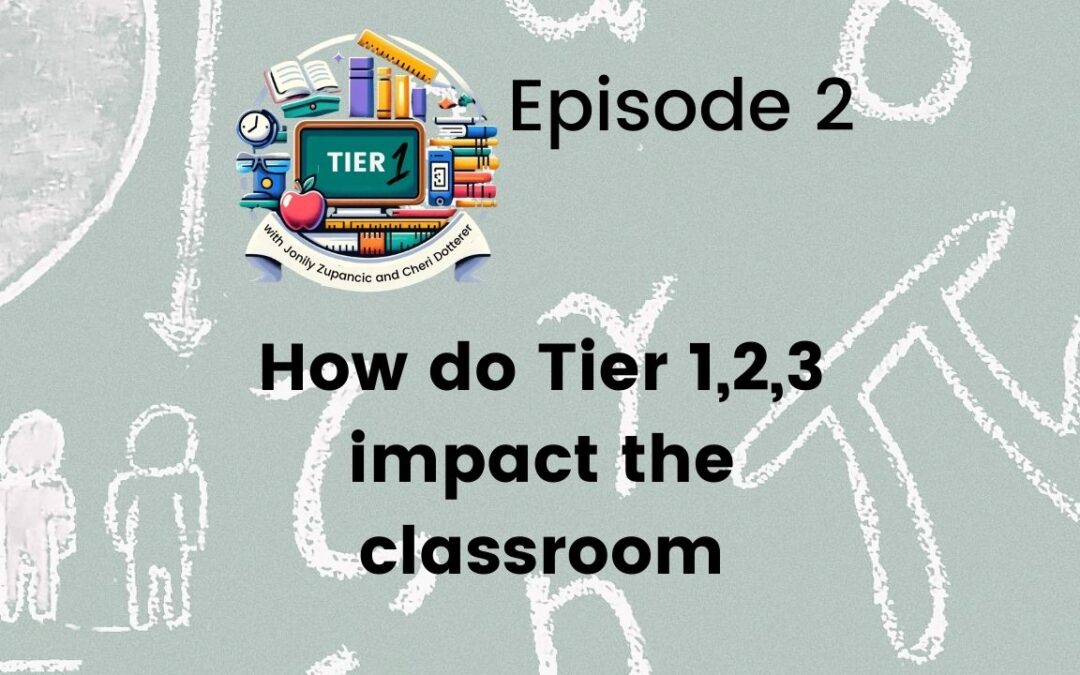In this episode of the Tier 1 Interventions Podcast, hosts Jonily Zupancic and Cheri Dotterer dive deep into the impact of Tier 1, 2, and 3 interventions on classroom learning. Their discussion sheds light on the foundational aspects of mathematics instruction and the importance of addressing the needs of students at the earliest stages of their education.
The Importance of Foundational Instruction
Jonily Zupancic emphasizes the critical role of foundational instruction in mathematics. She points out that a lack of prerequisite skills is a significant barrier to student success. By focusing on building a strong foundation, students can experience increased memory retention and engagement in all content areas, not just mathematics.
The conversation takes an interesting turn when both hosts discuss the concept of streamlining interventions. They advocate for minimal-time interventions that can significantly improve focus, memory retention, and engagement in the classroom. By simplifying the intervention process, educators can do more in less time, ensuring that the majority of students receive the support they need within the regular classroom setting.
Rethinking the Role of Tier 1 Interventions
The podcast highlights the need for a shift in mindset when it comes to Tier 1 interventions. Instead of relying heavily on Tier 2 and 3 interventions, which often involve pulling students out of the classroom for specialized support, the focus should be on enhancing the quality of instruction in the regular classroom. This approach not only reduces the number of students requiring higher-tier interventions but also fosters an inclusive learning environment where all students can thrive.
The Megaphone Effect and Its Implications
Cheri Dotterer introduces the concept of the “megaphone effect,” where the gap between struggling students and their peers widens over time. By addressing learning challenges in the early years of education, educators can reduce this gap and ensure that students have a solid foundation to build upon as they progress through their academic journey.
A Call to Action for Educators and Administrators
The podcast episode concludes with a call to action for educators and administrators to prioritize effective instructional strategies and focus on creating a supportive learning environment in the classroom. By embracing the principles of Tier 1 interventions and rethinking traditional approaches to education, we can pave the way for a brighter future for all students.
In summary, the Tier 1 Interventions Podcast provides valuable insights into the transformative power of foundational instruction and streamlined interventions. By fostering a positive learning environment and focusing on the needs of students at the earliest stages, educators can ensure that every child has the opportunity to succeed in mathematics and beyond.
Watch the complete episode at Tier 1 Interventions Workshops.
What success have you had?
In one of Jonily’s 6th-grade classes, she completed all 12 reference tasks, including all math standards for the grade. When they took the standardized annual testing, their results were astounding. She served gifted and learning support students and children at all levels. She taught a cohort of 6th-grade math students. For the end-of-year state test, 27% of the students passed their grade 5 test. After this instructional model during grade 6 with the Reference Tasks, 60% of this group passed, and 92% showed growth based on state indicators. She has been able to replicate results similar to this one while teaching other math teachers her innovative approach to mathematics.


